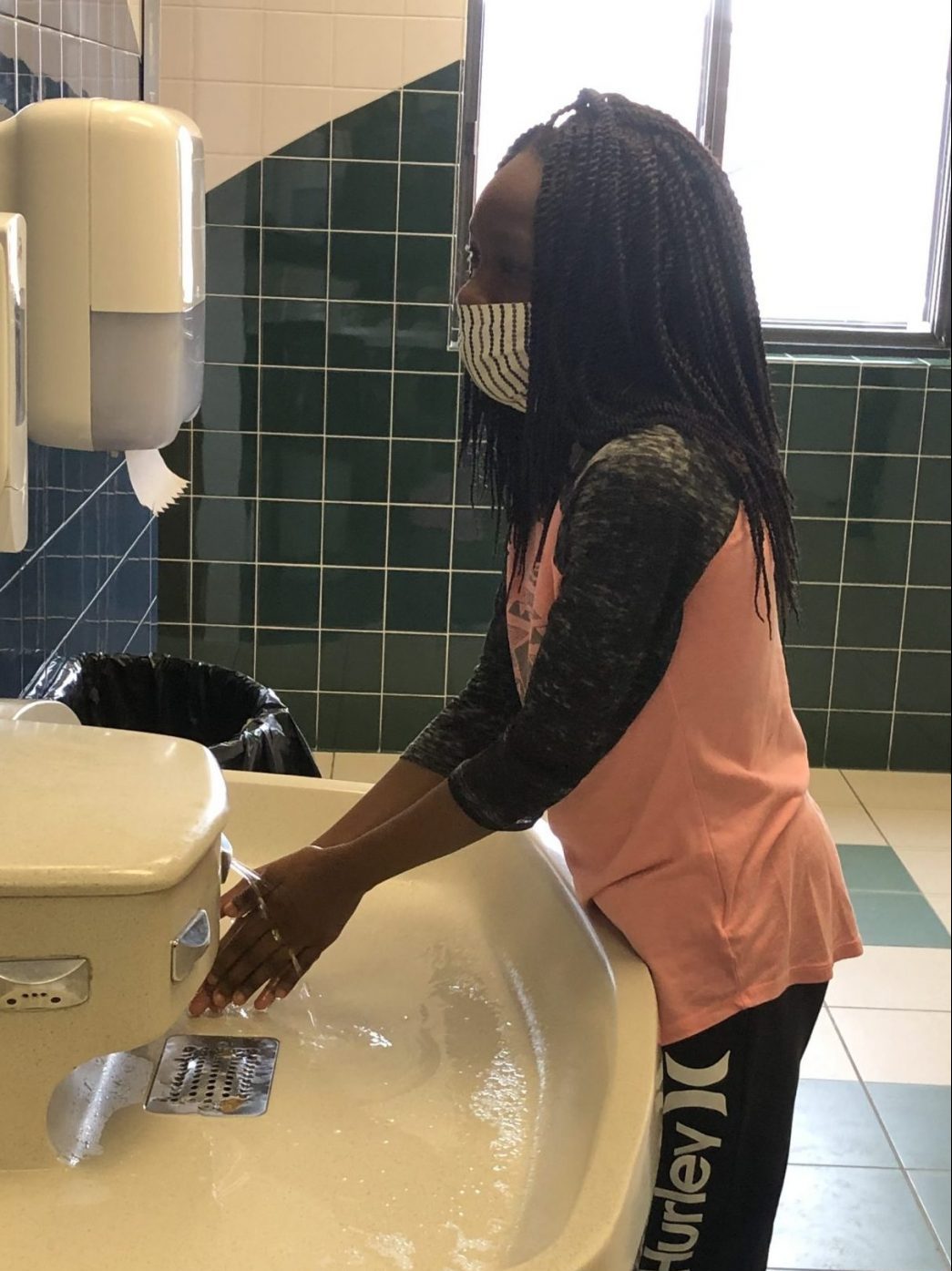
Illness Guidelines
Immunizations
Iowa Code, Chapter 139a.8(6) and Iowa Administrative Code, 641-7.7(139) outline the immunization requirement for students attending licensed child care centers and elementary or secondary schools. Students shall have received the required immunizations and submit the Iowa Department of Public Health Certificate of Immunization or have a valid Certificate of Immunization Exemption, or Provisional Certificate of Immunization.
Iowa Immunization Requirements
Medication at School
If medication is to be administered at school, a school form must be filled out and signed by the parent/guardian. Additional forms may be obtained at the school’s health office. The medication must be in the original container that is labeled by the pharmacy or the manufacturer with the name of the student, name of the medication, time of day that it is to be given, dosage, and duration. Over-the-counter medication as provided by parent/guardian such as acetaminophen, ibuprofen, cough drops, etc. requires parent/guardian’s written permission and must be brought in the original labeled container with specific directions. The school nurse may determine that an over-the-counter medication–including food supplements and herbals, ordered by a parent–could be detrimental to the student, and thus may refuse to administer it. Essential oils are not FDA regulated or approved. As such, they are not to be diffused, administered, or applied to our students.
Students in grades K-4 must supply all medications to be given at school with parent/guardian consent. The authorization form is available on the district’s website under the forms section above or in the Health Offices.
Students in grades 5-12 may receive up to five doses per school year of either acetaminophen or ibuprofen, at the nurse’s discretion, with parent/guardian consent. After the five doses, the parent will need to provide medication for their student. If the school nurse determines the over‐the‐counter medication could be detrimental to the student, the nurse may refuse to administer the medication. The authorization form is available on the district’s website under the forms section above or in the Health Offices.
PE/Recess Participation
State education laws require that all students be enrolled in and participate in a course of Physical Education. Students are required to participate in all PE classes. If a physician feels that a student should not participate or should only participate on a limited basis, parents must obtain a note from the physician with all restrictions noted and give this to the school nurse. Once the student is cleared by their physician to return to all activities, a clearance note must be given to the school nurse.
Students will be expected to go outside at recess each day unless there are individually approved circumstances or inclement weather conditions. If the student has returned from a lengthy illness, they may be held in from recess for no more than two days without a doctor’s note. Appropriate clothing for the existing weather conditions at the time is a must.